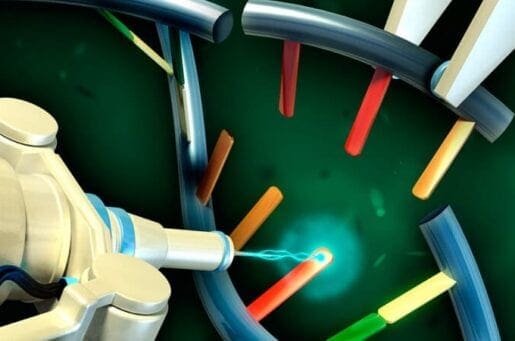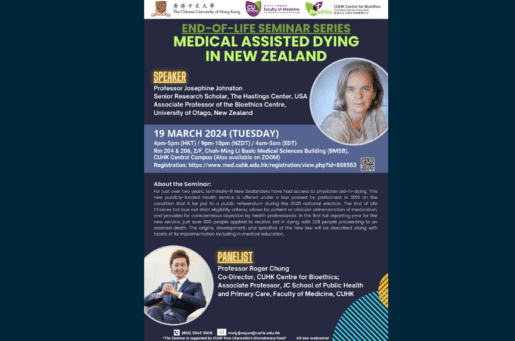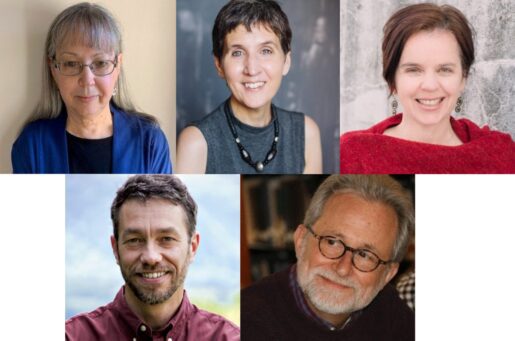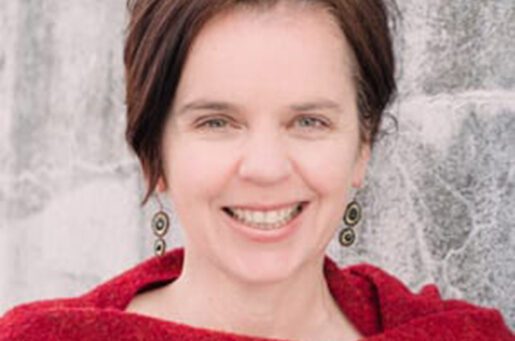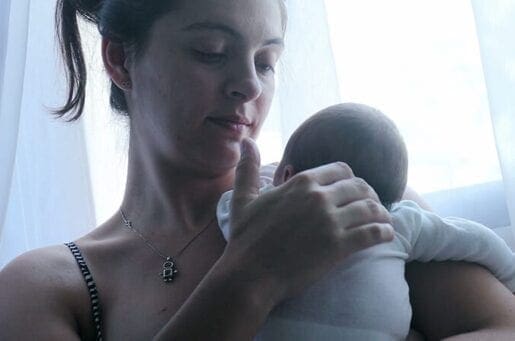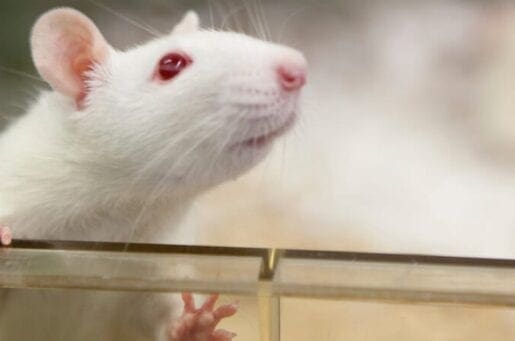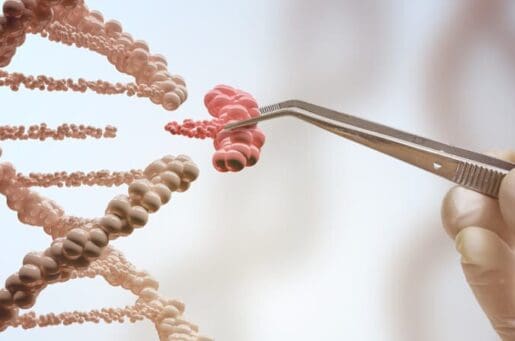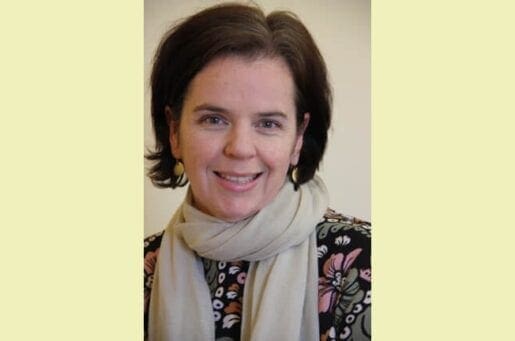
Josephine Johnston
LL.B., MBHL.
Senior Research Scholar
Download CV for Josephine Johnston
Josephine Johnston is an expert on the ethical, legal, and policy implications of biomedical technologies, particularly as used in human reproduction, psychiatry, genetics, and neuroscience. In addition to numerous scholarly publications, her commentaries have appeared in Stat News, The New Republic, Time, Washington Post, and The Scientist. Ms. Johnston is interviewed frequently by the media, appearing in the New York Times, Wall Street Journal, the Guardian, Wired, and Vice Media and on ABC’s “Nightline.”
Ms. Johnston’s research address the ethics of chimeric research, the ethical implications of new kinds of prenatal genetic tests, the relationship between gene editing technologies and understandings of human flourishing, and, with colleagues at University of California, San Francisco, the potential use of genetic sequencing technology in newborns. She is a member of The Center for ELSI Resources and Analysis and Columbia University Medical Center’s Center for Excellence in Ethical, Legal and Social Implications looking at psychiatric, neurologic and behavioral genetics. In addition, Johnston worked with colleagues at Kent Place School to develop a Hastings Center-style research program for high school students.
Josephine Johnston is a New Zealand-trained lawyer with a master’s degree in bioethics and health law from the University of Otago. She joined the staff of The Hastings Center as a research scholar in 2003 and was director of research from 2012-2022. She is a Hastings Center fellow. In addition to her position at The Hastings Center, Ms. Johnston is an associate professor at the University of Otago’s Bioethics Centre in Dunedin, New Zealand. worked as a bioethics researcher at Dalhousie University and the University of Minnesota. She has also worked as a lawyer in both New Zealand and Germany.
In the Media
Science on genome sequencing in newborns
New York Times on embryo screening
STAT on animal-human chimeras
Wired on gene editing
The Guardian on egg freezing
ABC’s “Nightline” on egg freezing
Wall Street Journal on fertility treatment and multiple births
NPR’s “Science Friday” on stem cell research and the legacy of Mary Shelley’s Frankenstein
New York Times Magazine on multiple pregnancies
Selected Commentaries
Josephine Johnston, “The U.S. must do some heavy lifting to prepare for heritable genome editing.” STAT, September 4, 2020:
Carolyn P Neuhaus and Josephine Johnston, “As the pandemic continues, where will all the children go?” The Hill, July 12, 2020.
Josephine Johnston and Barbara A. Koenig, “Should We Sequence the Genome of Every Newborn?” Scientific American, January 3, 2020:.
Josephine Johnston, “He Jiankui is going to jail. Would the U.S. criminally prosecute a rogue gene-editing researcher?” STAT, December 29, 2019:.
Josephine Johnston, “Beyond safety questions, gene-editing will force us to deal with a moral quandary,” STAT, November 29, 2018:
Josephine Johnston, “Is Finding Out Your Baby’s Genetics A New Responsibility of Parenting?” LeapsMag, March 13, 2018.
Selected Scholarly Publications
Josephine Johnston, Insoo Hyun, Carolyn P. Neuhaus, Karen J. Maschke, Patricia Marshall, Kaitlynn Craig, Margaret M. Matthews, Kara Drolet, Henry T. Greely, Lori R. Hill, Amy Hinterberger, Elisa A. Hurley, Robert Kesterson, Jonathan Kimmelman, Nancy M. P. King, Melissa J. Lopes, P. Pearl O’Rourke, Brendan Parent, Steven Peckman, Monika Piotrowska, May Schwarz, Jeff Sebo, Chris Stodgell, Robert Streiffer, and Amy Wilkerson. “Creating Chimeric Animals: Seeking Clarity on Ethics and Oversight.” Hastings Center Report 2022; 52(6): S2-S23.
Josephine Johnston and Lucas J. Matthews (2022). “Polygenic Embryo Testing: Understated Ethics, Unclear Utility.” Nature Medicine, Volume 28, Issue 3: 446-448.
Josephine Johnston, “Budgets versus Bans: How U.S. Law Restricts Germline Gene Editing.” Hastings Center Report 2020; 50(2): 4-5.
Josephine Johnston, “Shaping the CRISPR Gene-Editing Debate,” Perspectives in Biology and Medicine 2020; 63(1).
*Shizuko Takahashi, Josephine Johnston and Pasquale Patrizio, “Lessons from the Premature Adoption of Pre-Implantation Embryo Testing,” Genetics In Medicine 2018.
*Josephine Johnston, Erik Parens, John Lantos, Aaron Goldenberg, Flavia Chen, Barbara Koenig, and the NSIGHT Ethics and Policy Advisory Board, “Sequencing Newborns: A Call for Nuanced Use of Genomic Technologies,” Hastings Center Report 2018; 48(4): S2-S51.
*Josephine Johnston and Eric Juengst, “Are Parents Really Obligated to Learn As Much As Possible About Their Children’s Genomes?” Hastings Center Report 2018; 48(4): S14-S15.
Josephine Johnston and Rachel Zacharias, “The Future of Reproductive Autonomy” Hastings Center Report 2017; 47(6): S6-S11.
Josephine Johnston, Ruth M Farrell, and Erik Parens, “Supporting Women’s Autonomy in Prenatal Testing,” New England Journal of Medicine 2017; 377(6):505-7.
Insoo Hyun, Amy Wilkerson, and Josephine Johnston, “Revisit the 14-Day Rule,” Nature 2016; 533(7602):169-71.
Josephine Johnston, Mohini P. Banerjee, and Gail Geller, “Trustworthy Research Institutions: The Challenging Case of Studying the Genetics of Intelligence,” Hastings Center Report 2015; 45(5): S59-S65.
Josephine Johnston, Michael K. Gusmano, and Pasquale Patrizio, “Preterm Births, Multiples, and Fertility Treatment,” Fertility and Sterility 2014; 102(1): 36-40.
Amy Wilkerson, Kathaliya Wongsatittham, and Josephine Johnston, “The NIH Stem Cell Registry: An Absence of Gamete Donor Consent,” Cell Stem Cell 2013; 12(2):147-8.
Erik Parens and Josephine Johnston, “Neuroimaging: Beginning to Appreciate Its Complexities” Hastings Center Report 2014; 44(2): S2-S7.
Josephine Johnston, “Normalizing Atypical Genitalia: How a Heated Debate Went Astray,” Hastings Center Report 2012; 42(6): 32-44.
Erik Parens and Josephine Johnston, “Troubled Children: Diagnosing, Treating, and Attending to Context,” Hastings Center Report 2011; 41(2): S1-S31.
Erik Parens, Josephine Johnston and Gabrielle A. Carlson, “Pediatric Mental Health Care Dysfunction Disorder?” New England Journal of Medicine 2010; 362(20): 1853-1855.
Books
Erik Parens and Josephine Johnston (eds.), Human Flourishing in an Age of Gene Editing, Oxford University Press, 2019
Thomas H Murray and Josephine Johnston (eds.), Trust and Integrity in Biomedical Research: The Case of Financial Conflicts of Interest, Johns Hopkins University Press, 2010.

